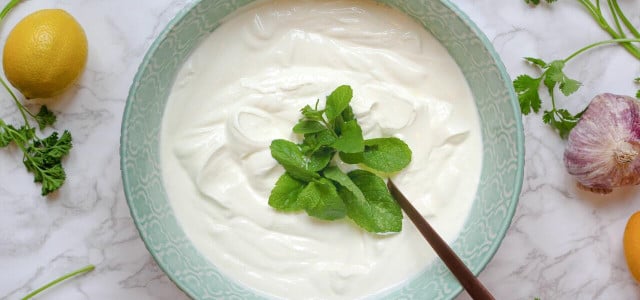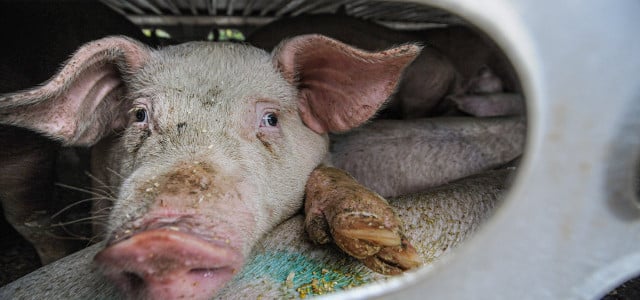Is Greek yogurt dairy? With all the choices available, it can be difficult to know, so let’s get a dollop of knowledge about Greek yogurt and whether it contains dairy or not.
Yogurt is a popular product, available in many styles and flavors. It is often eaten as a sweet treat but also can be used for savory purposes, mainly due to its thicker consistency. Many people know that standard yogurt is a fermented dairy product, but what about Greek yogurt? Is Greek yogurt dairy?
Both standard and Greek yogurts are fermented dairy products. They are produced using bacterial cultures to convert lactose (the naturally occurring sugar in milk) into lactic acid. Both types of yogurt are generally made with the same ingredients. What’s the difference between the two? We’ll take a closer look and provide some food for thought when ditching dairy altogether.
Is Greek Yogurt Dairy?
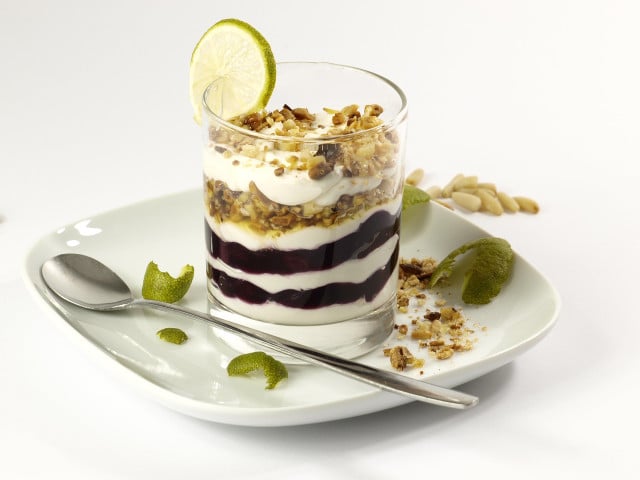


The main ingredient in Greek yogurt is milk, which means that Greek yogurt is dairy.
The reason Greek yogurt differs from standard yogurt is due to the production process itself. Greek yogurt is strained multiple times (more than standard yogurt) to remove more of the whey. This gives Greek yogurt a thicker and creamier consistency. This process also removes more lactose but doesn’t make it non-dairy.
It may be surprising to learn that Greek yogurt can take 3 times more milk to produce in comparison to standard yogurt, which often makes it more expensive to buy. To learn more, check out our guide on greek yogurt vs. regular yogurt.
The Problem With Dairy
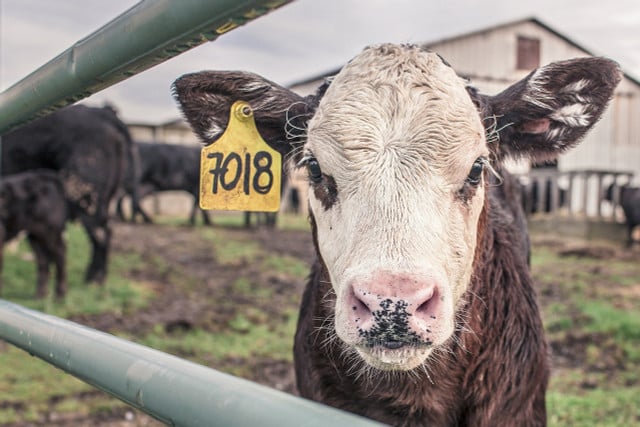


When thinking about the question of dairy, we could be asking about the effects dairy consumption has on the planet and on the animals which we use to obtain dairy products.
Milk consumption is still hugely abundant and is a staple in many people’s diets. In recent years it has become very clear that the way we use animals for food, drink, and other purposes is causing an immense strain on the planet. Dairy production contributes to the greenhouse gas emissions of our food and adds a great deal to our carbon footprint.
Dairy cows can also suffer greatly when the milk is taken from them. In reality, most people know that milk is produced for an animal’s young, so they can imagine the consequences for dairy cows. Alongside this, many will never see grass and are fed a poor diet and kept in conditions we would not wish to endure ourselves.
Vegan Alternatives to Greek Yogurt
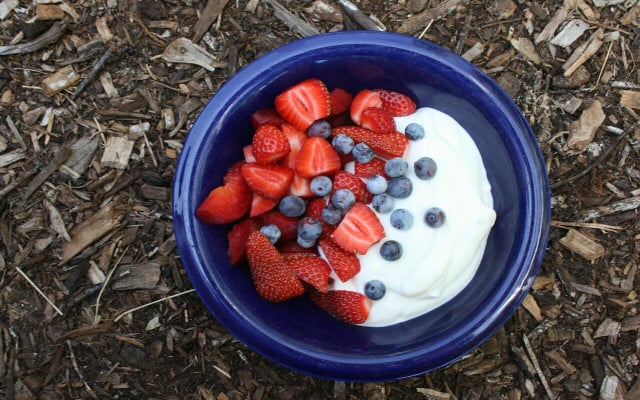


For both ethical and health reasons, many have made a switch away from dairy to plant-based alternatives. There are plenty of alternatives, such as vegan milk, vegan cheese, and vegan cream. Plant-based alternatives are kinder to the planet, as their production uses less land, produces less greenhouse gas emissions, and doesn’t cause harm to animals.
In terms of yogurt, we also have some planet-hugging suggestions on making some changes, such as this vegan yogurt recipe, the best 7 yogurt alternatives, and how to make your homemade yogurt which helps you avoid unnecessary packaging waste.
If you do opt to consume dairy, always look to seek out organic options to ensure you choose the products that are best for the body and the planet.
For more inspiration on why giving up dairy may be a more sustainable choice, consider looking at what veganism means, if it’s for you, and tips for becoming vegan. With January fast approaching, you could also join the Veganuary club.
Read more:
- Non-Dairy Sour Cream: Recipes and Uses
- Is Ghee Vegan? Is It Dairy-Free? Paleo-Friendly?
- Best Vegan Mashed Potatoes: No Milk, Dairy-Free
Do you like this post?






